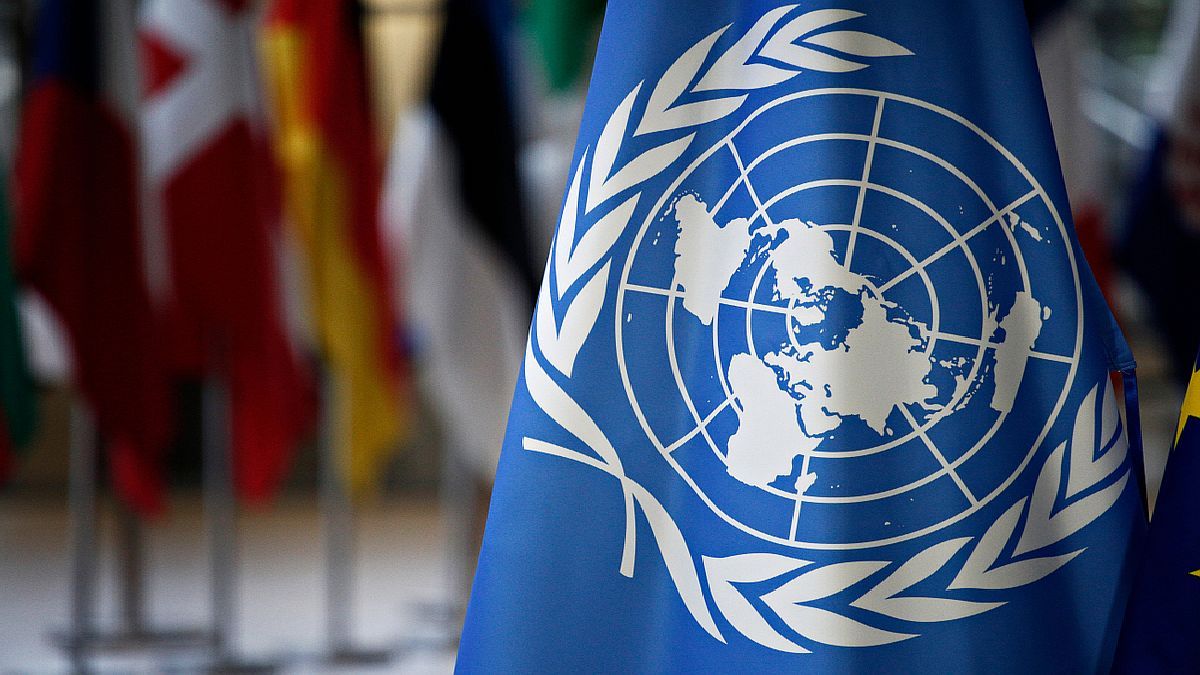Among them, the UN details “the unnecessary or disproportionate use of force that resulted in arbitrary deprivation of life and violations of personal integrity and security, as well as arbitrary detentions, sexual and gender-based violence, and acts of discrimination. and racism ”.
During the months that the protests against the tax reform proposed by Duque lasted, days of violence were experienced in the streets that left a balance of 46 dead -44 were civilians and two policemen- and 27 people who are still missing, according to the document published by the UN office.
Among the 44 civilians who died, the investigation explains that “there are reasonable grounds” to affirm that “in at least 28 of these deaths, those responsible were police officers”.
In addition, there were “60 cases of sexual violence allegedly committed by the police,” of which 16 have already been verified.
In five of the documented cases, sexual violence would constitute torture and in another eight cases cruel, inhuman or degrading treatment.
“According to the information compiled and verified by the Office, there are well-founded reasons to maintain that in these cases members of the police used sexual violence to punish people for their participation in the demonstrations and to humiliate them for their status as women ( …) Many of the violations registered were committed within the framework of arbitrary detentions, ”the report details.
The investigation data was collected after conducting interviews with victims and witnesses, arranging meetings with officials and protesters, and analyzing audiovisual material.
These UN figures compete with those of the Colombian prosecutor’s office, which account for 29 homicides during the social unrest, according to the AFP news agency.
The mobilizations promoted by the National Unemployment Committee (CNP) of Colombia, which were joined by thousands of young people and the unemployed, occurred in a context of growing social and economic inequality in Colombia, a structural situation aggravated by the Covid-19 pandemic : during the first quarter of the year the unemployment rate was 15.8% and the World Food Program (WFP) estimated that 48% of the Colombian population was in a situation of food insecurity.
According to the UN report, most of the deceased were “young people between 17 and 26 years old, who lived in poor and peripheral neighborhoods, children of peasant, indigenous and Afro-descendant parents, displaced by violence, young people engaged in commerce. informal, artists, athletes, students or out-of-school students ”.
During the interviews conducted by the researchers, the families of the victims of the protests expressed that “they participated in the demonstrations because they wanted to generate structural and institutional changes to have better study or work opportunities and a better future for their families.”
Source From: Ambito
David William is a talented author who has made a name for himself in the world of writing. He is a professional author who writes on a wide range of topics, from general interest to opinion news. David is currently working as a writer at 24 hours worlds where he brings his unique perspective and in-depth research to his articles, making them both informative and engaging.




